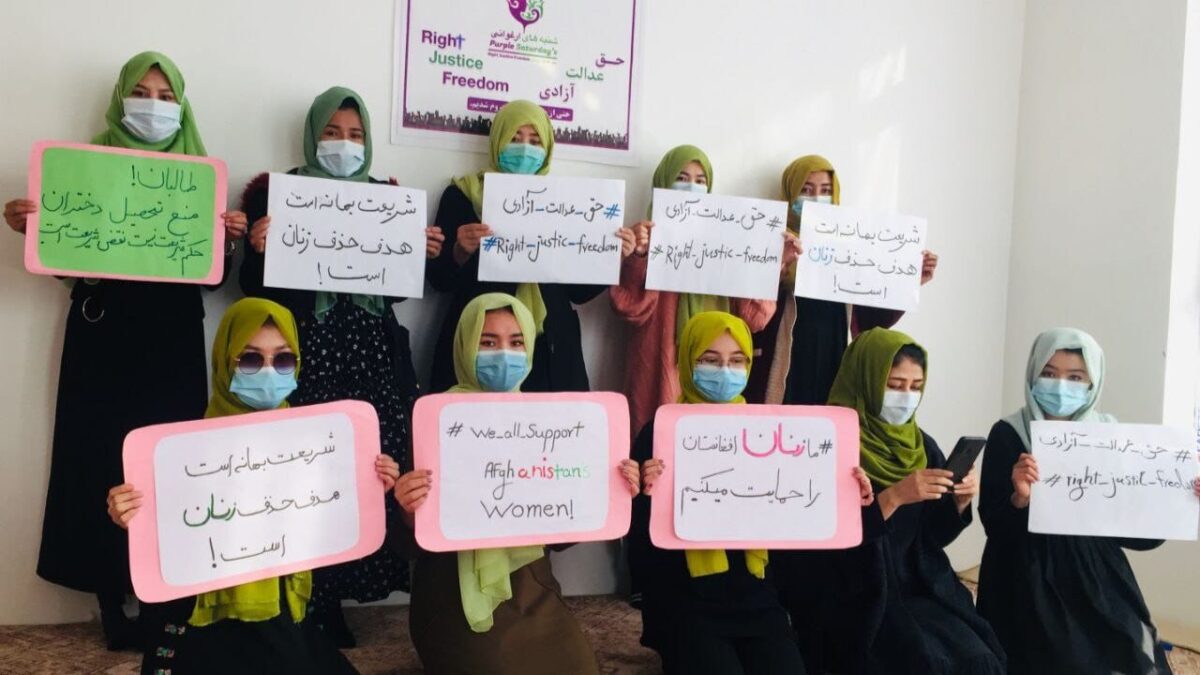UNITED NATIONS — The United Nations reported that Taliban has severely restricted the freedoms of women and girls through written and verbal decrees.
In a statement on its website, the U.N. highlighted the demand for the recognition of “gender apartheid” in Afghanistan, noting, “Gender apartheid is a real threat to millions of women and girls worldwide.”
The decrees, based on the Taliban’s interpretation of Islamic law, dictate women’s attire, limit their movement, and restrict access to education and professional opportunities, effectively silencing them in public spaces. “These measures eliminate women’s voices from public life,” the U.N. stated.
The U.N. report revealed that only one percent of Afghan women feel they have influence in their communities, and 18 percent have not met with women outside their immediate family in the past three months.
“Women want the right to make decisions, not just in their homes, but in government and other spaces. They want an education. They want to work. They want their rights,” one 26-year-old Afghan woman told U.N. Women.
This discrimination has significant long-term consequences. “The ban on girls’ education is correlated with a 25 percent increase in the rate of child marriage and a 45 percent increase in early childbearing,” the U.N. report noted.
U.N. Women’s gender profile indicated that barring 1.1 million girls from school and over 100,000 women from university correlates with an increased risk of maternal mortality by at least 50 percent. “These restrictions on education and professional opportunities heighten maternal mortality risks significantly,” the U.N. warned.





